Introduction
Summer Place in China is one of the influential architectural designs that marked a major shift in the Chinese construction industry. Located in Haidian District north of Beijing City, Summer Palace is the largest well-preserved royal park that has become a major tourist attraction in the country. According to Mackerras and Yorke (73), it was constructed in 1750 by Qing architects as a royal garden for entertainment. The ruling class wanted a unique garden where they could rest, entertain themselves, and be safe from any form of aggression.
That is why it was constructed along the beach in a unique design to ensure that the royal families were safe. It later became the official residence of the royal families before it was destroyed by Anglo-French armies. As Sullivan (32) says, Summer Palace introduced a new era in the Chinese architectural design. It succeeded in bringing out the Chinese unique culture in a park in form of the sculptors used, trees and flowers in the park, the buildings among others. In this paper, the researcher seeks to support the argument that the design of Summer Place influenced the Chinese architectural development towards modernity.
Design of Summer Place
The architectural design of Summer Place focused on how to offer the the royal family of Qing Dynasty maximum comfort and pleasure. According to Mackerras and Yorke (114), when analyzing Summer Place, it is important to take note of the time when this park was constructed. In 1750, Qing Dynasty faced numerous security threats from the neighboring countries and European powers that were spreading their sphere of influence.
The figure below shows one of the houses within the park. It acted as a watchtower where the security personnel could identify a security threat as early as possible. This park is considered revolutionary because for the first time in Chinese architectural history, nature was integrated very closely with structures. This can also be seen in the figure below. The architects had the difficult task of designing how houses had to be constructed without interfering with trees and other important vegetation. The vegetation had to coexist with the structures in the most normal way possible. According to Mackerras and Yorke (82), this was the beginning of having vegetation closely integrated with major buildings in this region. The third factor that made Summer Palace unique was the fact that it was constructed along Kunming Lake.
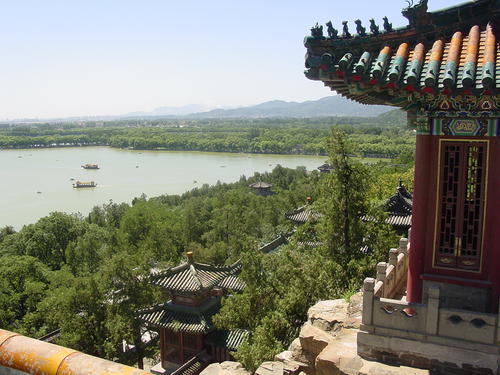
Summer Palace integrated both traditional Chinese and Western architectural designs. According to Mackerras and Yorke (54), Summer Palace was an ensemble of palaces, lakes, and gardens all integrated very closely to give a unique ambiance. Once in the park, one had the choice of relaxing in the palaces, walking within the garden to enjoy the beauty of nature, or taking time in the lake. The houses within the park were also designed in a unique but traditional Chinese design.
As Sullivan (86) notes, the designers were keen to merge modernism and traditional designs of Chinese structures when building these houses. As shown in the figure below, all the houses in the palace were round, a reflection of Chinese traditional houses. However, the materials used and the design made it possible to construct high-rise buildings. The main palace within the park was a five-story building, something that was unique in China during this era. According to Sullivan (43), in 1750s, Chinese designers were still struggling to find ways of building taller structures. Inasmuch as they were known for designing some of the unique buildings in the world in terms of shape and materials used, they were yet to find a breakthrough in constructing tall structures (Guanghui 29).
Sullivan (98) says that during this time, the city of Beijing was expanding very fast as a trading center and the capital city of the Chinese rulers. Land was becoming scarce, especially within the city, and the designers were under pressure to come up with buildings that could maximize space. Given that the horizontal space was limited, the designers had to find ways of maximizing the vertical space. The palaces within the park were designed to maximize this space.
Olivova (234) says that it was achieved by carefully selecting the materials used in the construction. The designers realized that the major challenge that the traditional designers had faced when trying to construct high-rise buildings was the materials they used. The materials became lighter as the building went higher. This meant that the foundation of these palaces could easily support the entire structure without the threat of succumbing to the weight. Another breakthrough when constructing the palace was in the joineries. The architects made sure that all the joineries had direct support going to the base of the building. This made it possible to construct tall houses using very unique designs.
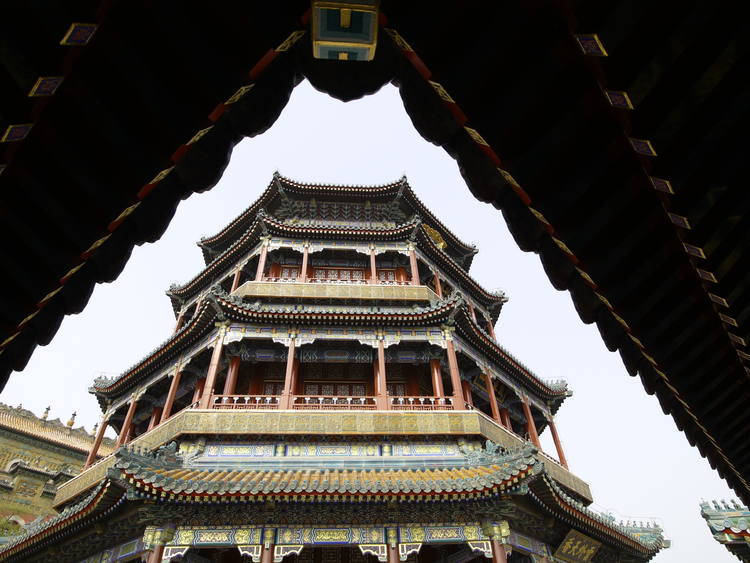
Summer Palace was designed to be a semi-autonomous city. According to Sullivan (75), Summer Palace was designed to be a city within a city, especially after the rulers decided to make it their official residence. When it was constructed, the initial idea was to have a park where the royal families could go for holidays. However, major changes were made after it was converted into a royal residence. More structures were put up to accommodate the increased population. The movement within the park was facilitated by unique bridges and footpaths. According to Rowe and Kuan (56), other than the royal families, the majority of the residents in this park were soldiers and servants. They had to move easily within the park to serve the rulers and protect them in cases of danger. The figure below shows structures within this park where the royal families stayed.
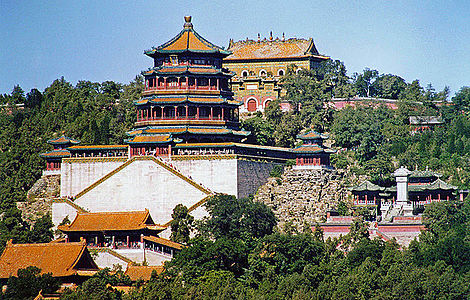
The king’s palace and the royal court were surrounded by other buildings that served various purposes. The number of structures within the park is a clear demonstration that many people stayed within the park.
Why Summer Palace Influenced Chinese Construction Industry
According to Rowe and Kuan (26), Summer Palace has a massive influence on the Chinese construction industry, specifically because it was a royal residence that was admired by the rest of the population. This was the beginning of a major shift from traditional housing designs. The Chinese architecture started embracing the Roman architecture. However, it was modernized to fit into the local context. The figure below shows one of the resting places for the rulers along the beach that closely resemble the Roman architectural designs. Although the roof reflected the traditional Chinese design, the entire structure had a major shift towards modernity. Prince Gong’s Mansion constructed in 1777 is one of the houses built based designs used in Summer Palace.
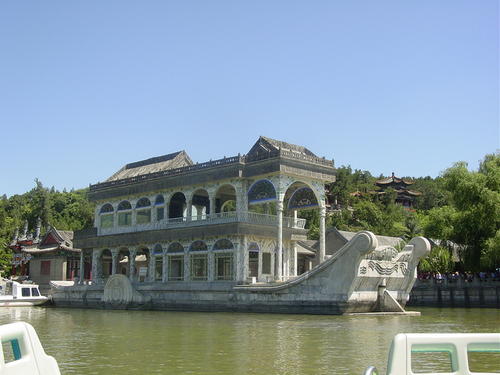
According to Rowe and Kuan (2002), architects always face a challenging task of meeting the expectations of the clients in a realistic manner. The structure must be functional as a basic requirement before meeting the uniqueness in design as demanded for by the client. In the figure above, the building resembles a ship on the shore. This meant that the designers had to construct this house in water. This was a rare construction design in the Chinese construction industry. Successful construction of the above building was a clear sign to the architects that it was possible to design and effectively build such a structure.
Matten (129) says that many similar structures have been put up in this country and many other parts of the world. A good example of current structures that borrowed internal designs from Summer Palace is Yintai Centre in the city of Beijing. The designs used in these buildings brought together modern construction plans borrowed from the West and the traditional styles of construction by maintaining unique traditional roofing designs while embracing the materials and shapes of structures used in the West.
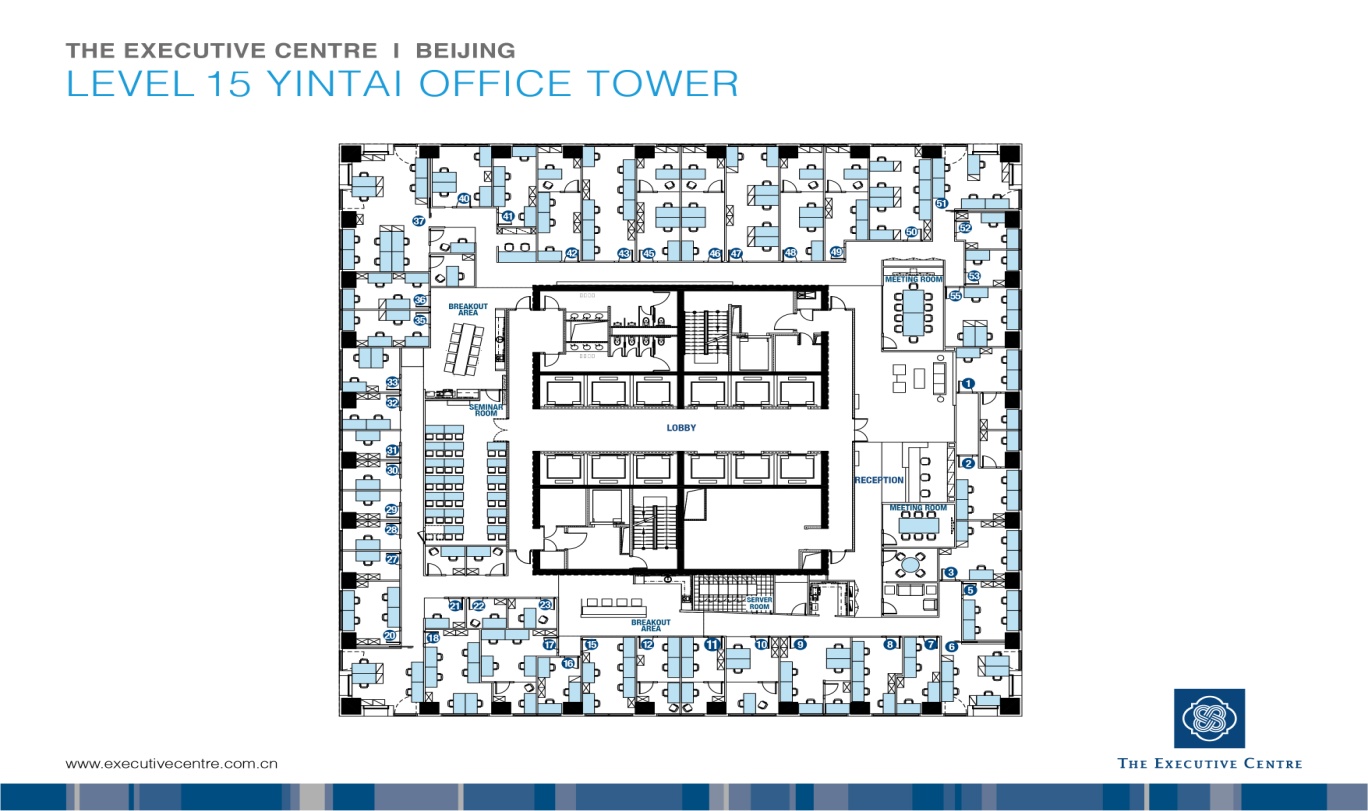
Summer Palace has also influenced the modern-day urbanization not only in China but also in the rest of the world. According to Watt-Evans (113), the palace was a city within a city. One unique factor about this palace is that the designers made an effort to ensure that nature was not interfered with during the construction process. This is what modern-day architecture are trying to embrace when developing ultra-modern cities. There is an attempt to restore vegetation within the residential areas just like it was in the Summer Palace. It is becoming clear that trees and other vegetations play a critical role in enhancing the beauty of residential areas.
Conclusion
The Summer Palace played a major role in enhancing the modernization of Chinese architectural designs. The designs used in the buildings brought together modern construction plans borrowed from the West and the traditional styles of construction. This was a historic shift in housing designs in this region as the society opened up to Western civilization.
Works Cited
Guanghui, Ding. “Experimental Architecture in China.” Journal of the Society of Architectural Historians 73.1 (2014): 28-37.
Mackerras, Colin, and Amanda Yorke. The Cambridge Handbook of Contemporary China. Cambridge: Cambridge University Press, 1991. Print.
Matten, Marc. Places of Memory in Modern China: History, Politics, and Identity. Leiden: Brill, 2011. Print.
Olivova, Lucie. “A Map of the Chinese Imperial Summer Resort Discovered in a Czech Museum.” Imago Mundi 62.2 (2010): 232-238.
Rowe, Peter G, and Seng Kuan. Architectural Encounters with Essence and Form in Modern China. Cambridge: MIT Press, 2002. Print.
Sullivan, Michael. The Arts of China. Berkeley: University of California Press, 1999. Print.
Watt, Lawrence. The Summer Palace. New York: Tor, 2009. Print.